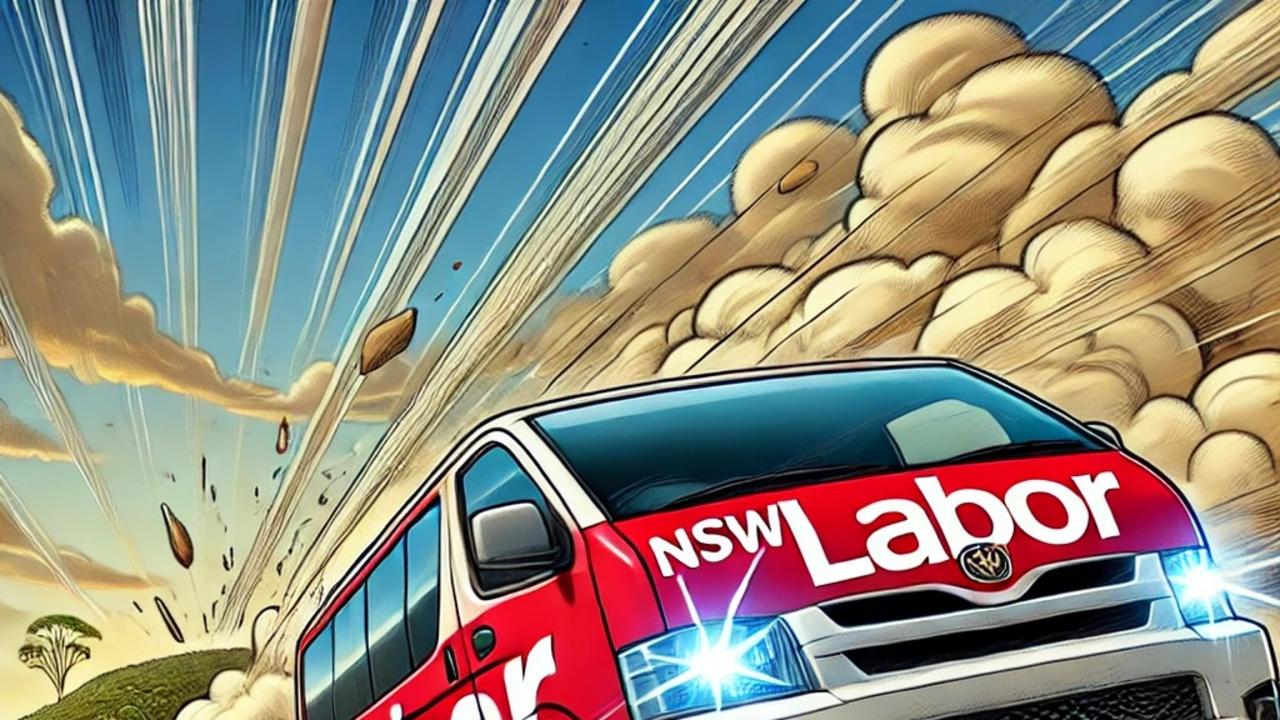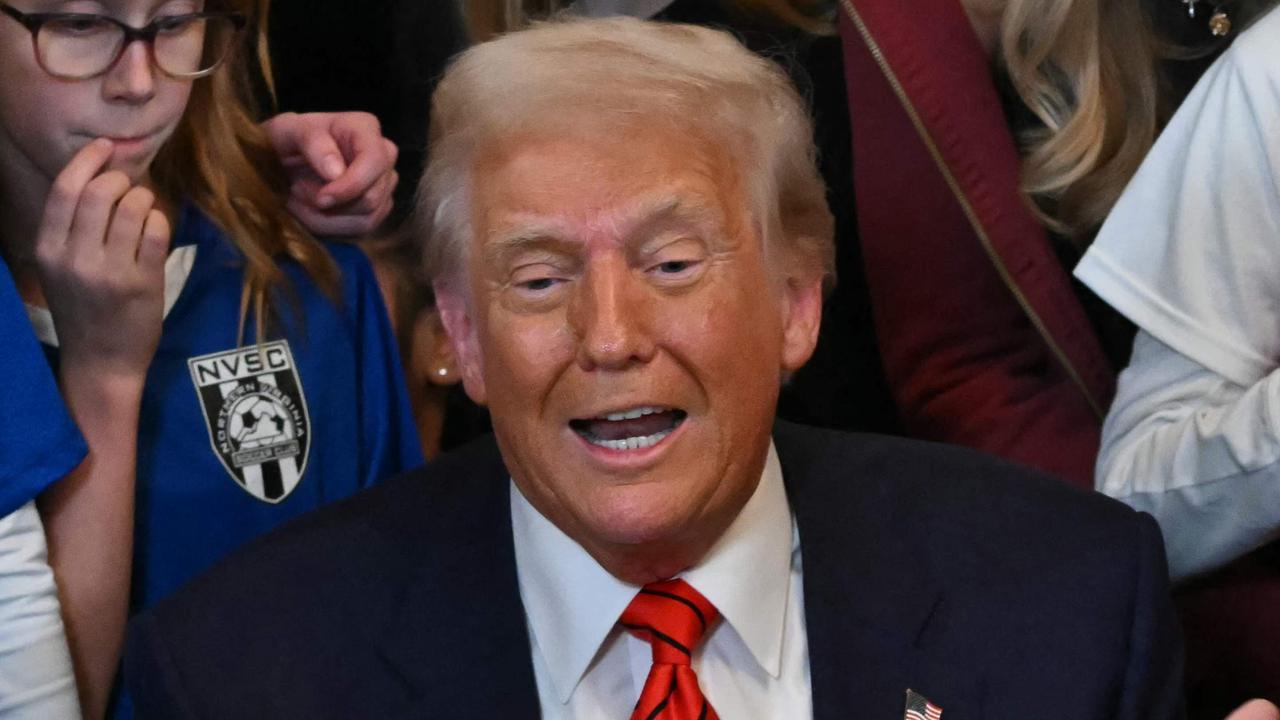Yes voters’ disdain creates massive headache for Albo
Do you begin to get the feeling that some Yes supporters are secretly glad the referendum went down in a flaming heap? Its very elite supporters can now feel even more virtuous, writes James Morrow.
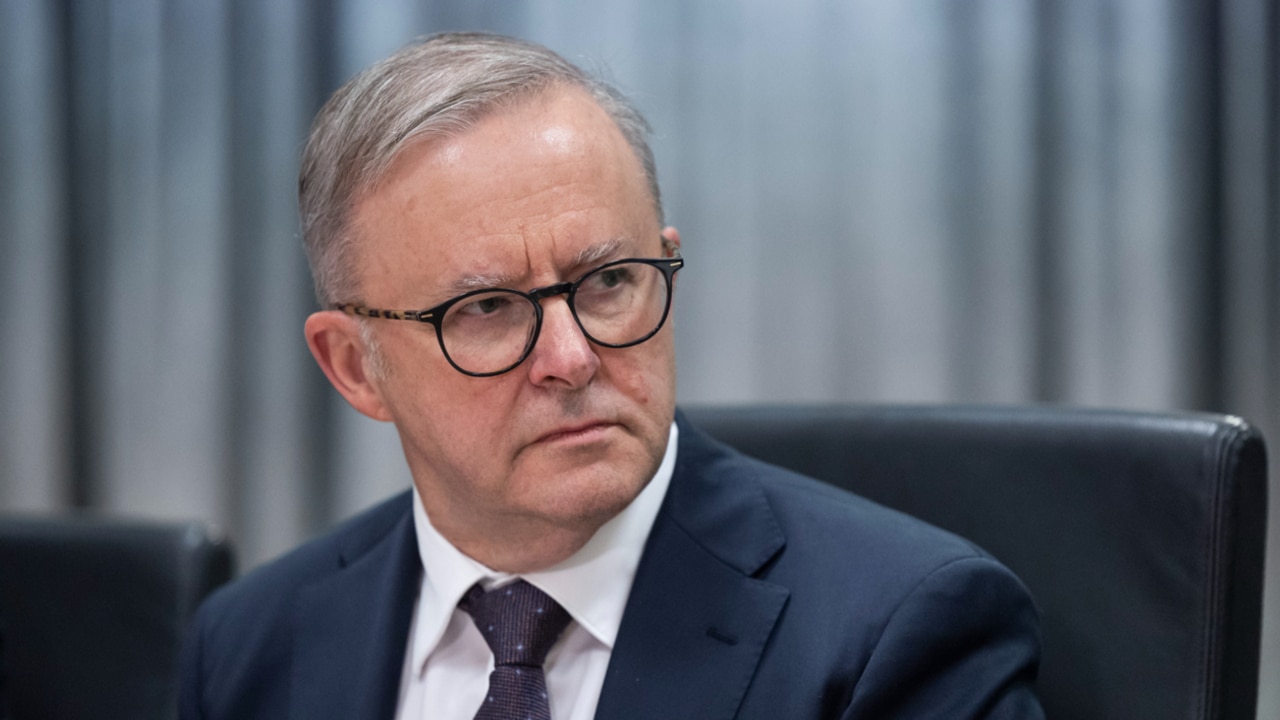
Opinion
Don't miss out on the headlines from Opinion. Followed categories will be added to My News.
Do you begin to get the feeling that some Yes supporters are secretly glad the referendum went down in a flaming heap?
Not because they privately had concerns about the wisdom of putting race and identity politics centre stage in public life.
Nor because they may have had doubts about an advisory body that would simultaneously have no power and succeed in creating “better outcomes” for Aboriginal people where decades of mismanagement by both parties had failed.
But rather, because the Voice’s comprehensive defeat now allows its very elite supporters to feel even more special, good, and virtuous about themselves.
While sophisticated, left-wing, tertiary educated Australians to look down on their less sophisticated countrymen, the Voice result has put this tendency up in neon lights.
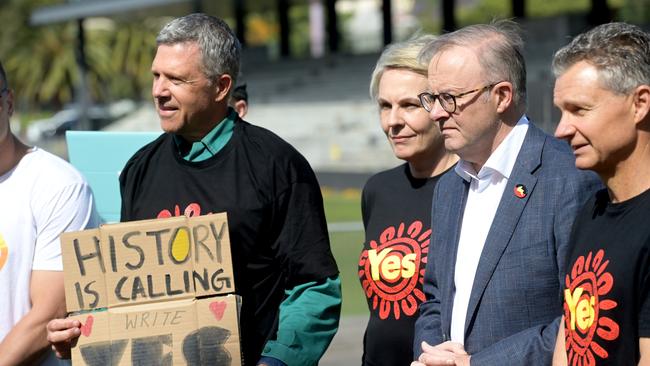
And it threatens to create a massive electoral headache for Anthony Albanese and Labor, which in a bit of a reverse of the Coalition’s “teal” problem must decide whether it wants to be the party of aspirational working class Australians who voted No or the LinkedIn and boardroom classes who pushed the case for Yes.
On Monday, RN Breakfast host Patricia Karvelas summed up much of this elite attitude in her podcast on the referendum result.
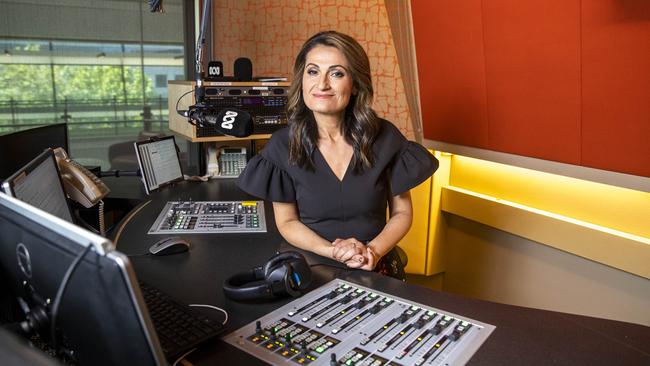
Commenting on how people with university degrees were more likely to have voted Yes, Karvelas said, “I think there’s a bigger story to tell here, though, about education and where you find educated people … if you’ve got a bachelor’s degree, chances are you know something about government, our structures.”
Referring to non-tertiary types who “probably (have) very little time to focus on reading constitutions or proposals … those people have not had that kind of access to information.”
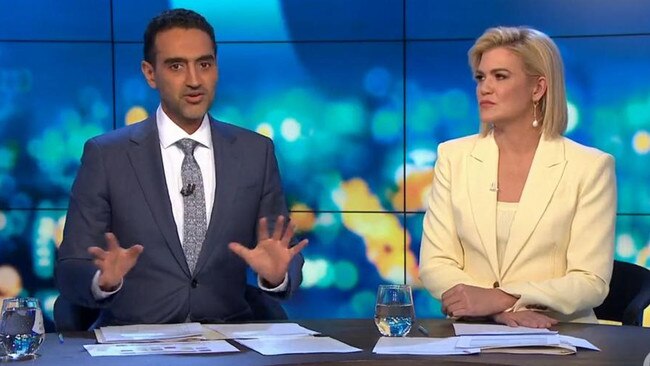
The Project host Waleed Aly continued the theme that evening.
“The more elite sector of society the more likely you were to vote Yes,” he said.
“The biggest dividing line seems to have been education. If you were in a seat with high levels of tertiary education, bachelor or post you were at the very top end of the ‘Yes’ vote.”
Well, indeed.
On one level, he is statistically correct. But on another, it was exactly the sort of thing Yes-voting Project viewers wanted to hear: We may have been wrong according to the popular vote, but in our hearts we were right.
Of course it is also worth noting that while about 50 per cent of Australians have a bachelor’s degree or above, when the counting is finalised and with the historically low turnout taken into account, probably just about 30 per cent of registered voters will have bothered to turn out and write Yes.
Thus while a few teal seats, the inner cities, and of course the “Canberra bubble” all voted Yes, vast swathes of traditional Labor (and, previously, Howard battler) country said No.
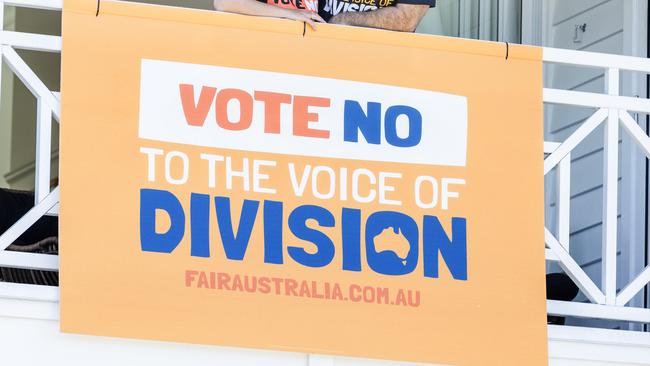
Not, presumably, because they were terrible racist bigots, but because they didn’t buy the pitch.
And perhaps even more to the point, they worried that in all the hidden detail would be various provisos to create new gravy trains for activists and open doors for the connected.
This creates a tremendous problem for the prime minister that almost mirrors the problem the Coalition has in its once safe blue ribbon seats that have lately turned teal.
The dilemma is, does Labor continue to chase after inner city elite votes in seats that are under threat from the Greens?
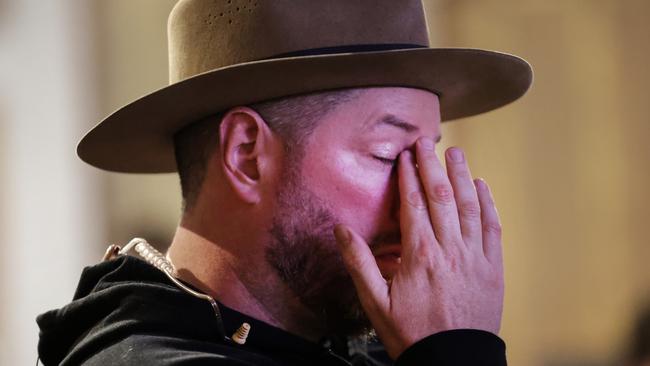
Or does the party re-centre itself and find its way back to the traditional concerns of Australians who voted heavily for Labor at the last election but rejected the party’s signature project by massive margins last Saturday?
Much of the answer will be seen in how the prime minister handles the remaining parts of his Uluru Statement commitment: Will he pursue treaty and “makaratta”, or truth telling, even if the lead-in to those items, the Voice, was rejected?
Like Kevin Rudd’s climate change commitments, Albanese has backed himself into a corner with no easy out.
And the Coalition shows no sign of letting him off the hook.
Jacinta Price told this column that the prime minister was still “saying one thing to one group of Australians and another to others”.
“He should take note of the fact that the Australian people voted down the Voice, which ultimately includes voice, treaty, and truth.”
Easier said than done, of course, for an ALP that has replaced – in terms of corporate dollars and influence – the Liberals as the party of the proverbial “big end of town”.




